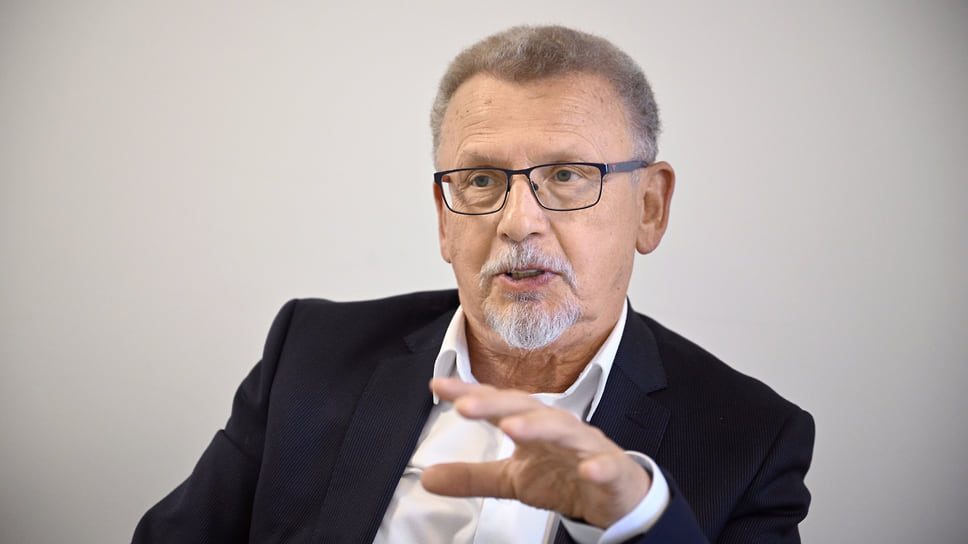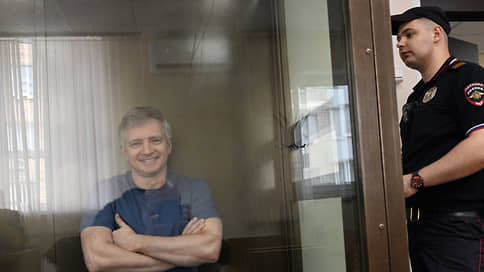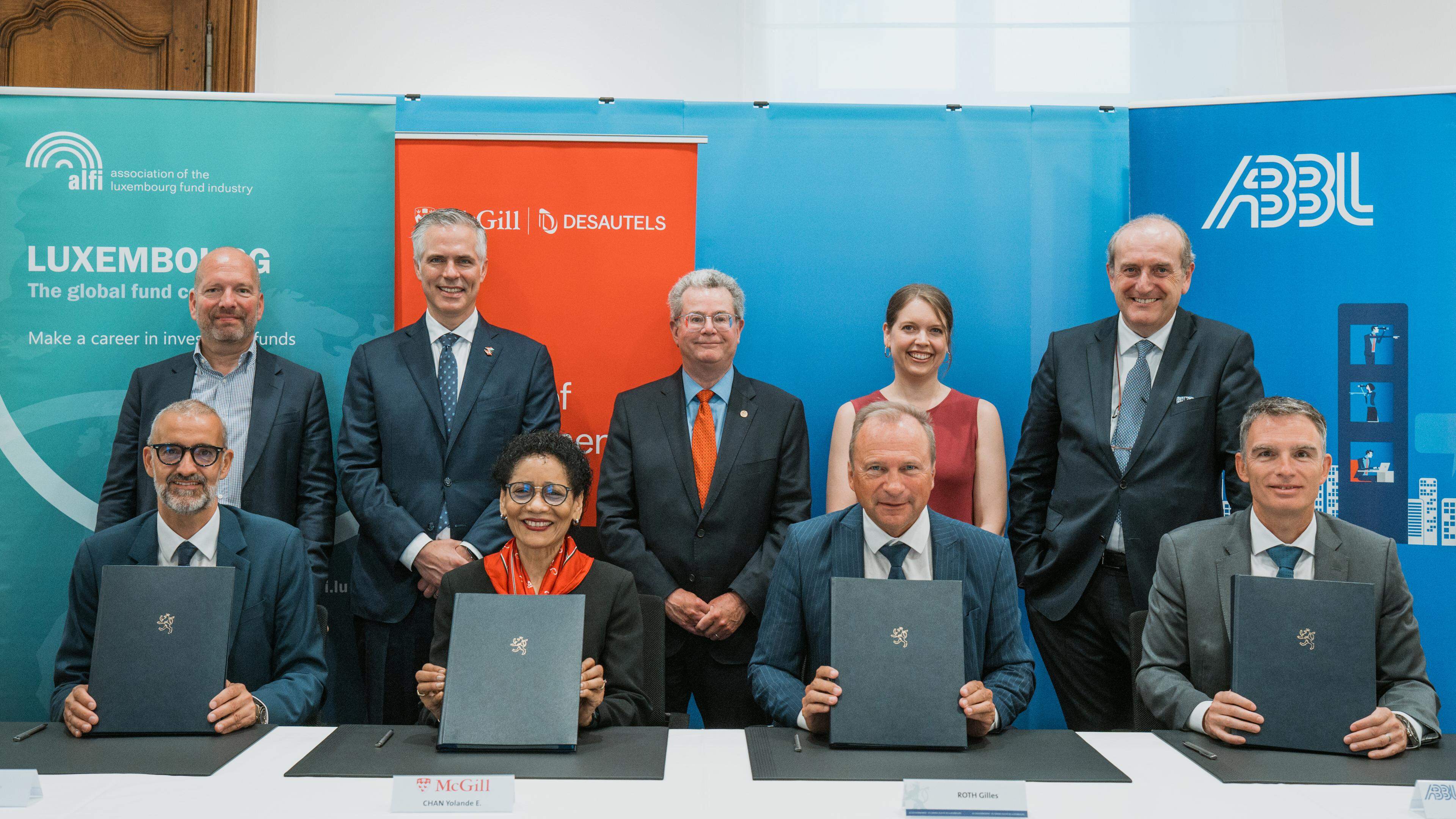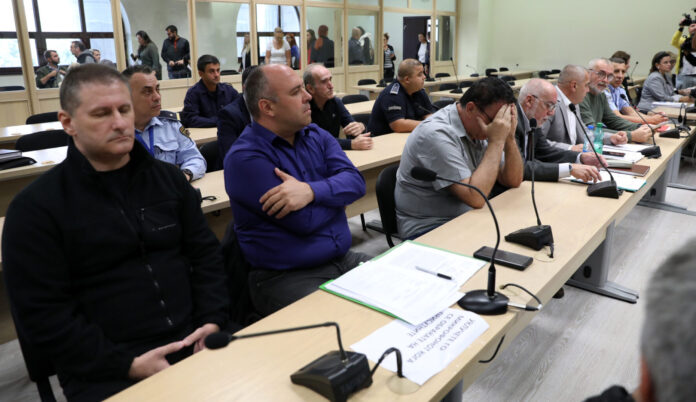How Russians relate to online doctors
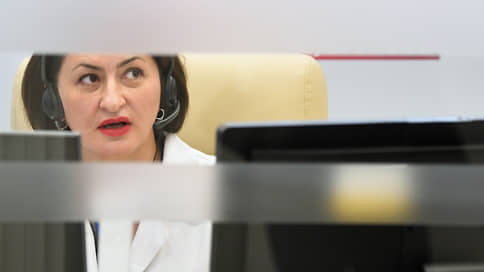
The Russians are gradually getting used to telemedicine, showed a survey of VTIOMA. The number of those who at least once consulted with a doctor by phone or Internet has grown noticeably. Refined “Kommersant” doctors believe that the development of telemedicine slows down problems with IT in regional clinics, personnel deficiency and preserving distrust of patients.
The All -Russian Center for the Study of Public Opinion (VTsIOM) checked how much telemedicine is common in the Russian Federation – distance consultations. Sociologists interviewed 1.6 thousand citizens. They “know” 25% of the younger millennials “well” (born between 1992 and 2000), 21% of senior millennials (from 1982 to 1991), 20% of representatives of the reform generation (from 1968 to 1981) and 18% of Zumers (from 2001 to 2007). However, 41% of the respondents of all ages first heard about her from the employees of the VTsome. Interestingly, in 2020 there were 38% of them (see infographics).
25% of Muscovites and Petersburgers, 22% of cities from 500 thousand to 1 million, 21% in cities from 100 thousand to 500 thousand and 20% in millionaires in cities in cities in cities in cities in cities are “well”. In the village, only 16% of residents are known about it, and in cities up to 100 thousand people – only 13%. “The need to have access to the Internet and the ownership of a PC / smartphone at the basic level creates barriers,” the authors of the study say. There is a risk of « turning telemedicine into a privilege that enhances the generational and territorial gap. »
Five years ago, 92% of respondents never used telemedicine. Now only 78%answered.
The number of those who at least once consulted by the doctor by phone increased from 6% to 15%; Online – from 2% to 10%. There is also a backlog for further growth: 64% of those who know about telemedicine allow for themselves the opportunity to use it. In 2020, there were 53%.
Telemedicine in Russia develops steadily, but slowly, says the therapist, the founder of the doctor’s mobile application, Konstantin Homanov. Pandemia brought her to a new level, but coronavirus restrictions no longer act, and people began to walk around the doctors again. “The bulk of patients out of habit continues to look for full -time help, even when the situation does not require this,” says Natalia Demakova, founder of MyDoc clinic. “More than 60% of the appeals decided by our doctors online were originally planned by patients as full -time.” The internal survey of the Mydoc clinic showed that 40% of patients doubted the effectiveness of remote admission, says Ms. Demakova, « but after three such appeals, their level of satisfaction reached 92%. » She is sure that “more than 70% of the primary queries” can be completely closed by telemedicine. “In the future, we expect an increase in hybrid models when primary diagnosis, observation, therapy and support occur online, and a full -time visit is used strictly according to indications,” the expert concludes.
Many of the necessary studies are simply impossible to conduct at a distance, the owner of the KIT clinic in Kurkino, Ilya Trukhanov, objects. It recalls that the law does not allow the use of telemedicine for the initial diagnosis: “In our network, online consultations clinics make up no more than 10% of full-time techniques.”
However, not everything depends on patients and doctors. If the regional clinic has outdated computers and the Internet does not work well, then local doctors “have no physical opportunity to hold a telemedician consultation,” says Konstantin Khomanov. In addition, online consultations cannot pass through Zoom, adds Mr. Trukhanov, the law requires the use of medical information systems integrated with the unified state information system in the field of healthcare. Finally, the development of telemedicine is inhibited by a shortage of personnel, says Konstantin Homanov, because the conversation with the metropolitan physician will not bring so much benefit when there is no specialist in the city.

